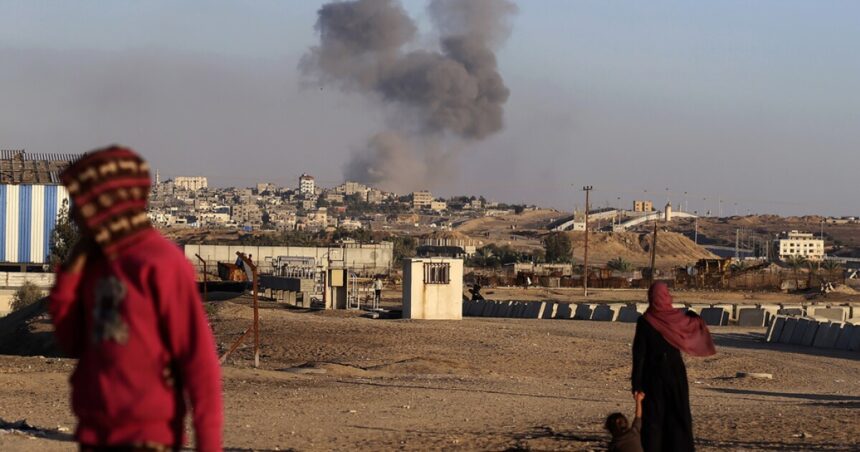A U.N. court has ordered Israel to stop its offensive in the southern Gaza city of Rafah, further widening the divide with the United States over the military operation. While the operation is facing increasing international condemnation, American officials characterize it as limited and targeted for now.
The International Court of Justice’s decision on Friday comes as Israel finds itself increasingly isolated, with Norway, Ireland, and Spain announcing recognition of a Palestinian state. Additionally, the chief prosecutor of another international court has sought arrest warrants for Israeli Prime Minister Benjamin Netanyahu and Hamas leaders.
The Biden administration, while opposing a major offensive in Rafah, believes that Israel’s actions so far have not crossed red lines. Despite urging Israel to refrain from a full-scale military operation in densely populated Rafah, the administration remains committed to providing military and political support following a deadly attack by Hamas last October.
National security adviser Jake Sullivan emphasized that Israel’s military operations in the area have been targeted and limited, avoiding major incursions into densely populated urban areas. However, the administration remains vigilant about monitoring the situation as it unfolds.
The White House recently paused a shipment of bombs, citing concerns about civilian casualties. President Biden warned that he would withhold weapons if Israel launched an offensive in Rafah.
U.S. officials have made it clear to Israel that a major operation in Rafah would jeopardize negotiations on returning Israeli hostages held by Hamas and lead to a reduction in weaponry supplies. Following Sullivan’s discussions with Israeli officials, it appears that Israel has made adjustments to its plans for Rafah to address Biden’s concerns.
Despite these developments, residents of Rafah continue to face danger due to Israeli military operations, hampering access to essential supplies. Aid organizations stress the urgent need to scale up humanitarian assistance in the region.
The ICJ ruling, while lacking practical enforcement mechanisms, calls for a halt to the offensive, increased humanitarian aid, and access for war crimes investigators in Gaza.





